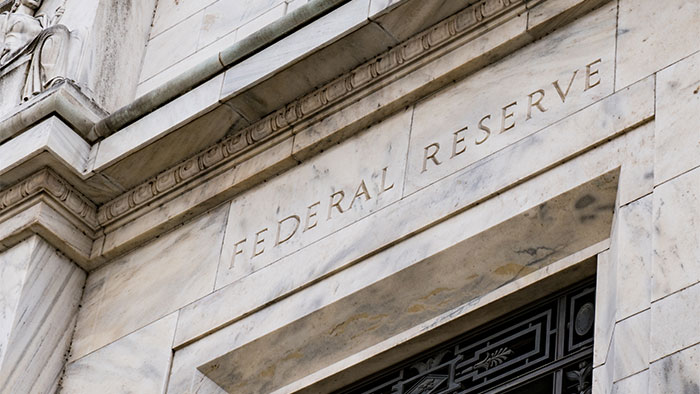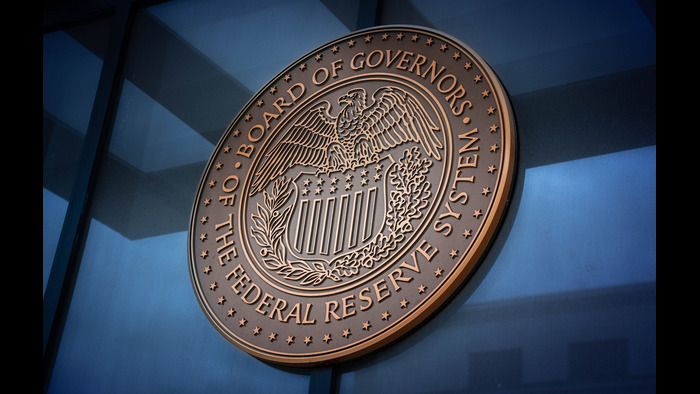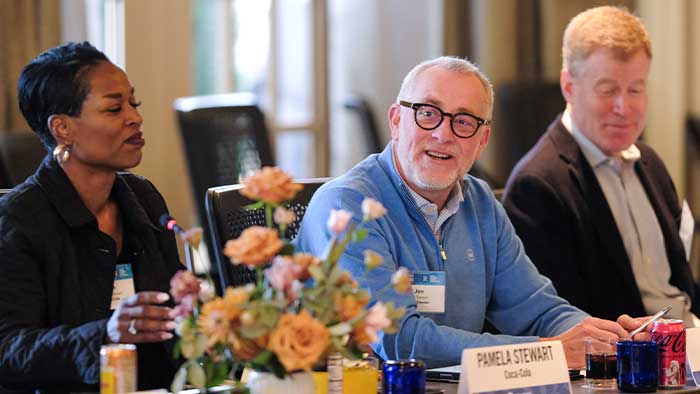Why the Latest Fed Nominees are Critical to Retail
- By [ Austen Jensen ]
- 03/21/2022
The Committee went on to approve Jerome Powell in a 23-1 vote. The panel also backed sending the nominations of Lael Brainard and Philip Jefferson as Fed governors to the full Senate for votes on confirmation. The last remaining vote on Lisa Cook’s nomination to the board of governors was deadlocked 12-12, which will require an additional procedural vote on the Senate floor.
With these nominees now heading to the full Senate, they will need 51 votes to be confirmed and fill all but one vacant seat on the seven-person Fed board. RILA expects all four to win confirmation, with Powell seen as a virtual lock for another term as chair.

Underneath these severe challenges, are other policy issues the Fed must address. One of these specific items relates to online debit transactions and ensuring a “merchants right to route” under Regulation II—more commonly known as the Durbin Amendment. Last spring, RILA filed comments in support of the Fed’s proposed clarification, highlighting how the lack of merchant routing choice in these transactions enriches the dominant networks and large financial institutions at the expense of merchants and their consumers, in direct contravention of the competition-based regime that the Durbin Amendment intended to set up.
RILA’s efforts in the area were also supported by the Department of Justice and the Federal Trade Commission and hopefully their backing this will lead to an accurate clarification by the Fed that upholds the full tenant of the Durbin Amendment once these nominees are fully confirmed by the U.S. Senate.
Resolving this issue has become even more important in the wake of COVID, as shopping habits have been permanently altered. In 2020 alone, the lack of online routing options cost the merchant industry over $2 billion dollars. Year over year, these costs are compounded and harm retailers of all sizes and mean higher prices for American consumers.
While RILA members know the Fed has a full slate items to address, it is critical that the clarification moves through in the coming months to ensure Wall Street banks and Visa and MasterCard can no longer violate the law when it comes routing online debit transactions.
For more information contact RILA Senior Vice President, Government Affairs Austen Jensen.
Tags
-
Payments
-
Finance
-
Public Policy



